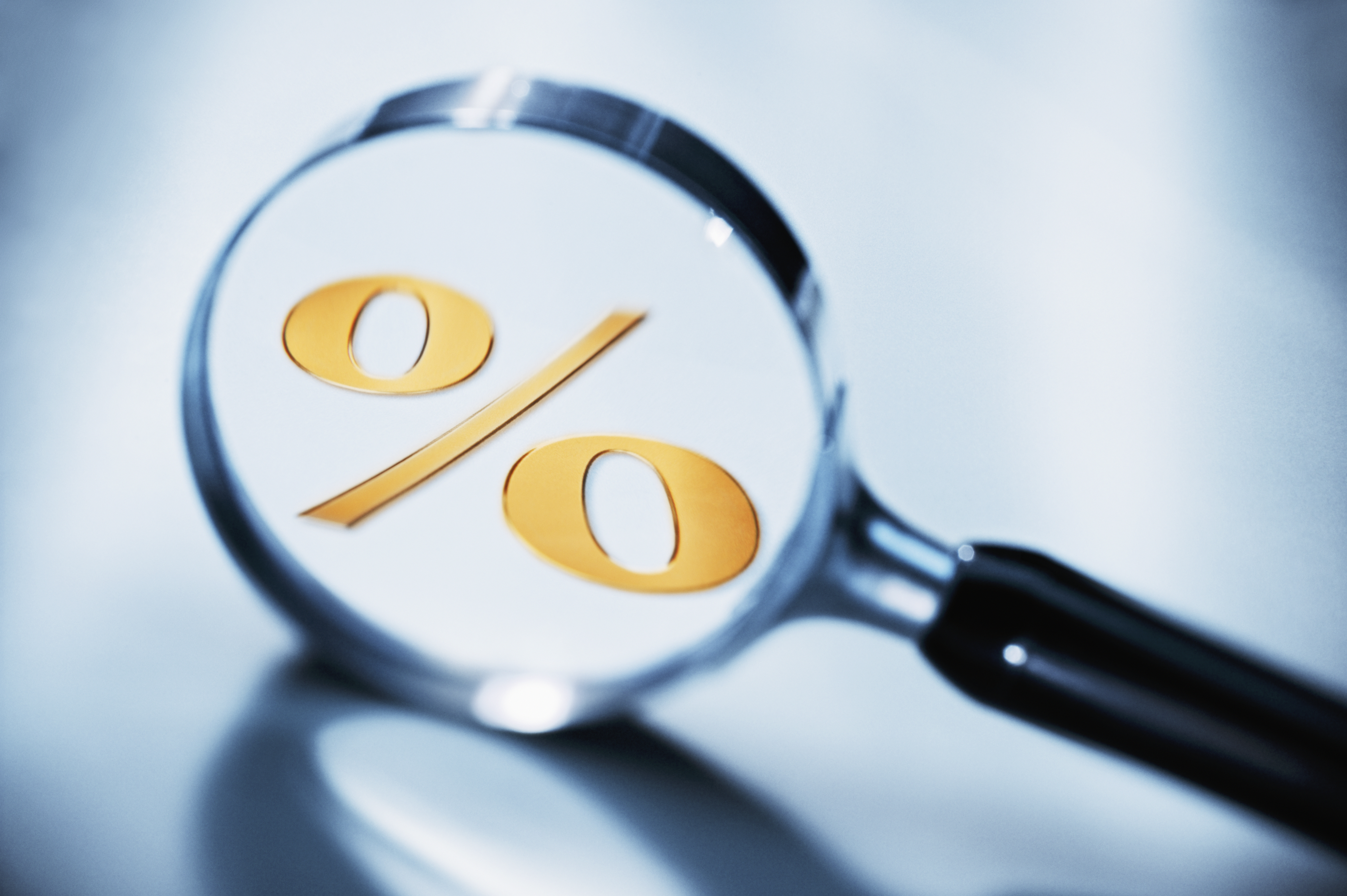Reuters
Updated 2 min read
In This Article:
DUBLIN (Reuters) -The United States' largest online betting operator Fanduel will introduce a surcharge on customer bets in Illinois from September, its owner Flutter (FLUT) said on Tuesday, in its first such move anywhere in the world.
The 50-cent transaction fee on each bet placed in Illinois is in response to the state legislature's recent decision to add a new tax on wagers from next month that will hit the sector's dominant players Fanduel and DraftKings (DKNG) hardest.
FanDuel, which has a 43% share of the U.S. sports betting market, will immediately remove the transaction fee if the state were to reverse its decision at any point, Flutter said.
Flutter opted not to introduce a charge when Illinois hiked its tax rate on betting firms last year, while DraftKings said it would add a charge on customer winnings in high-tax states, only to reverse the plans following customer feedback.
Flutter Chief Executive Peter Jackson said at the time that the best response to higher taxes, based on its experience in the more established European market, was to cut local marketing or moderate customer offers, a strategy the company said offset around 50% of the 2024 Illinois tax rise.
Flutter said on Tuesday that while "extensive efforts" were made to absorb the cost of last year's tax hike without impacting customers, it was disappointed that Illinois' new tax will punish larger operators.
"It is important to recognise that there is an optimal level for gaming tax rates that enables operators to provide the best experience for customers, maximize market growth and maximize revenue for states over time," Jackson said in a statement.
Analysts estimated last week that the new Illinois tax would hit Flutter's core profit by around $74 million in a full year without any mitigation measures.
Flutter expects to grow its group-wide profit by 35% year-on-year to $3.18 billion this year, with just over a third coming from the rapidly growing U.S. market.
(Reporting by Padraic Halpin; Editing by Sachin Ravikumar)













